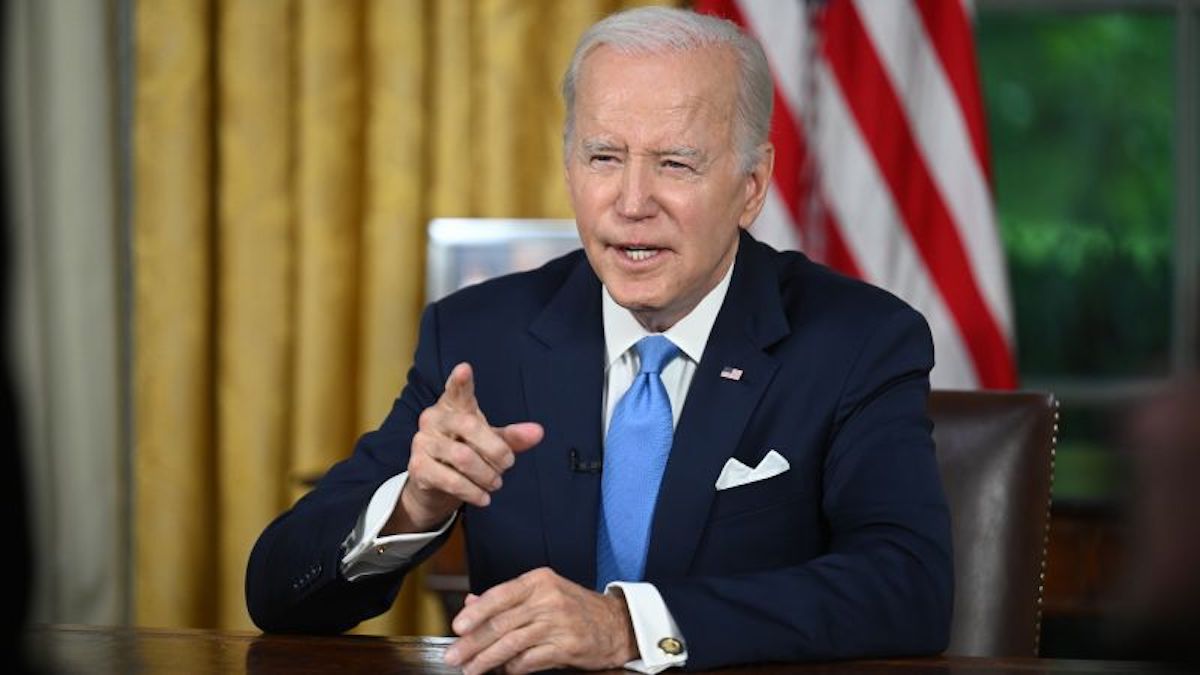(Trends Wide) — US President Joe Biden signed into law a bill on Saturday to suspend the nation’s debt limit until January 1, 2025, and prevent the first US default.
Suspending the debt limit until early 2025 removes the threat of default until after next year’s presidential election. In addition to addressing the debt limit, the law caps non-defense spending, expands work requirements for some food stamp recipients and recovers some COVID-19 relief funds, among other policy provisions.
The bipartisan deal to address the debt limit was reached between the White House and House Republicans, the culmination of the deal taking several days and long nights of contentious negotiations that at times seemed as though they might completely collapse and fall apart.
To get the bill over the finish line, lawmakers sped up the clock to June 5, the date the Treasury Department had warned it could no longer pay all of the nation’s obligations in full and on time, a scenario that could have triggered global economic catastrophe.
The time frame for passing the bill in Congress was extremely tight with little room for error, putting enormous pressure on the leadership of both parties. The House approved the bill on Wednesday and the Senate approved it on Thursday.
Once agreed, the deal faced criticism from both the far-left and far-right, but ultimately won support from a wide range of lawmakers on both sides of the aisle, many of them moderates.




